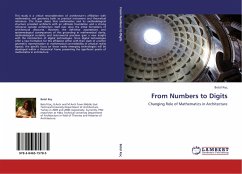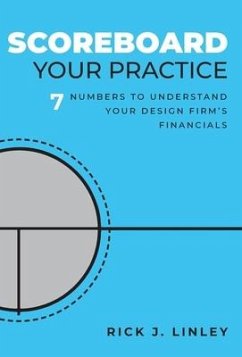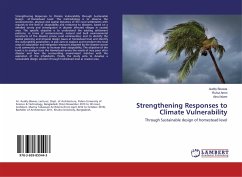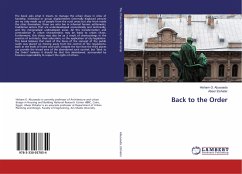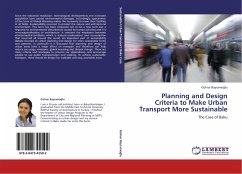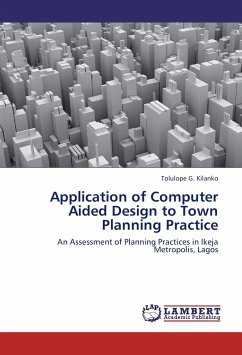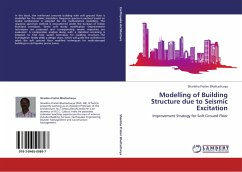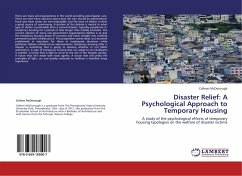This study is a critical reconsideration of architecture s affiliation with mathematics and geometry both as practical instrument and theoretical reference. The thesis claims that mathematics and its methodological structure provided architects with an ultimate foundation and a strong reference outside architecture itself ever since the initial formations of architectural discourse. However, the definitive assumptions and epistemological consequences of this grounding in mathematical clarity, methodological certainty and instrumental precision gain a new insight with the introduction of digital technologies. Since digital technologies offer a new formation for this affiliation either with their claim of a better geometric representation or mathematical controllability of physical reality (space), the specific focus on these newly emerging technologies will be developed within a theoretical frame presenting the significant points of mathematics in architecture.
Bitte wählen Sie Ihr Anliegen aus.
Rechnungen
Retourenschein anfordern
Bestellstatus
Storno

